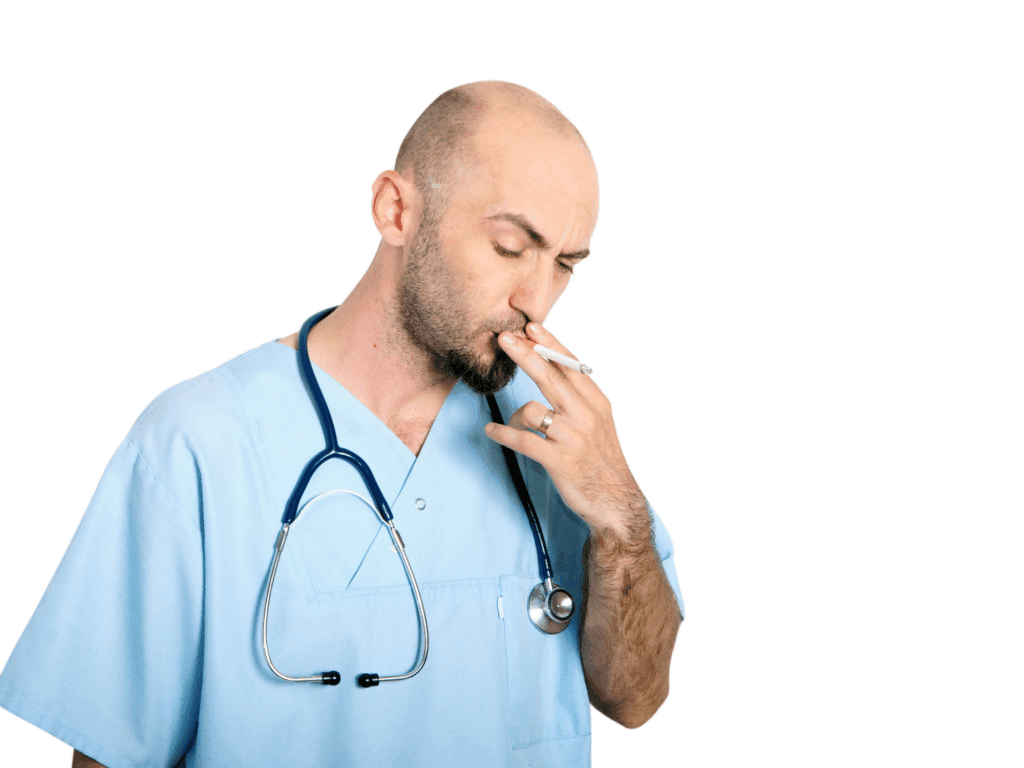We get routine checkups. We sometimes get surgery. Women receive mammograms and cervical exams, and men ensure their prostate is working properly. We attend a number of health-related doctor’s visits for these things, plus many more. When we walk into the office, we immediately put our lives in the hands of others – literally. But what if those hands were not as safe as you might have thought?
According to a Substance Abuse and Mental Health Services Administration (SAMHSA) release back in 2007, an average of 103,000 medical professionals were addicted to or abusing drugs. Current studies are now showing that those rates are increasingly – and rapidly.
There is one obvious danger when a medical professional such as a doctor, surgeon, or nurse is under the influence of drugs. If they are influenced by a substance, they are not in the correct state of mind to be doing things such as handling needles, executing effective check ups, recording correct information for client’s files, etc. The majority of those medical professionals who are currently abusing drugs are using substances such as prescription painkillers and illicit drugs. This would include medications such as OxyContin, Vicodin and Percocet, as well as street drugs like cocaine and heroin.
Would you like it if your doctor, nurse or surgeon were addicted to one of these drugs? Likely not. However, you might not even be aware of it. It might seem like you would notice such a problem, but there are many things put in place that prevent both you and a medical professional’s co-workers from learning of an abuse problem.
There is currently no “universal drug testing requirements” for the most common facilities that medical professionals work at, such as hospitals, doctor’s offices, and emergency rooms. As a result, testing is not always done. In addition, not every healthcare facility is hooked up with surveillance systems that would otherwise catch medical professionals in the act of either using or stealing drugs.
It is also reported that very little is done to ensure that those facilities and locations that do have rules and regulations regarding drug abuse are upheld. This in itself displays one of many cracks that these medical professionals can slip through in terms of continuing to practice medicine while abusing substances.
It is important to understand that not all medical professionals are struggling with a substance abuse problem, although statistics show that a percentage of them are. Should you ever feel that your doctor, nurse, surgeon, etc. is abusing drugs, make sure to tell someone in charge immediately.










